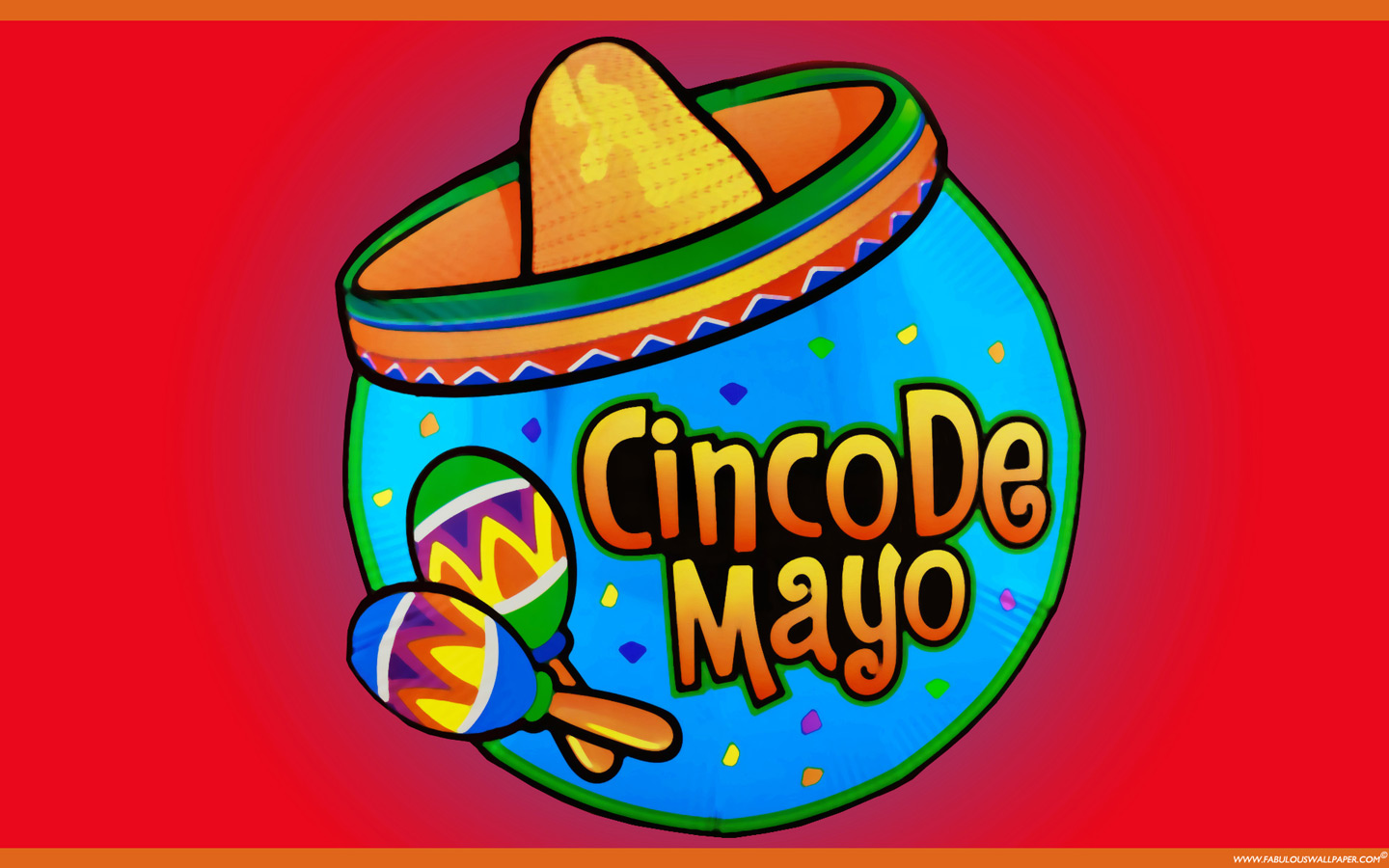
Cinco de Mayo is upon us again, so Cabo San Lucas is gearing
up for a huge celebration, right? Festivals, parades and plenty of parties?
Well, not exactly. Cinco de Mayo – otherwise known as the 5th of May – is not
quite what most Americans think it is.
True, Cinco de Mayo is a federal holiday. Banks are closed
and school children get the day off. But ask an American what this day is all
about, and most aren’t really sure. So I asked some fellow Americans. Their
answers were interesting.
For some, my question prompted another question. “Mexican
Independence Day?” asks Culann from Baltimore. This is a common misconception.
“Is it a real holiday or something made up in the US to sell
chips and Salsa?” asks Neal from New Jersey.
“A way for Corona and Jose Cuervo to pad their bottom line
before the summer officially/unofficially begins?” wonders Rich from New
Jersey.
“I thought it was a fabricated holiday to spur sales of
something. Not sure,” says Bobby from Seattle.
Most people don’t know what the day memorializes, but they
are clearly under the impression that the holiday was co-opted by commercial
interests. Cinco de Mayo has in fact
become a commercial holiday; but however odd it may seem, it is a commercial
holiday in the United States, not in Mexico. I’ll return to that in just one
moment.
Despite appearances, Cinco de Mayo is not the Mexican
Independence Day either; that is commemorated on September 16th. The Mexican
Independence day in September is cause for celebration, much like the Fourth of
July in the states. Parades, barbecues and fireworks bring families and friends
together for parties, patriotism, and yes, copious amounts of beer.
Then what exactly is honored on May 5th if it isn’t
Independence Day? Nicole from Washington, D.C. was one of the few I asked who
came close to the true historical significance of Cinco de Mayo. “The Mexican
army's victory over France at Puebla,” she said. “Don't ask me what they were
fighting over though or when, although I want to say 1800s, after the American
Civil War ended.”
After the Mexican-American War, but prior to the US Civil
War, Mexico fell into an economic crisis and was unable to repay foreign debts.
After negotiations, representatives of Great Britain and Spain left Mexico
content with a promise to pay within two years, but France insisted on
collecting its money, even if by force. Napoleon III named Maximillian, the
Archduke of Austria, as the new leader of Mexico in an attempt to dissolve the
Mexican government and establish a monarchy favorable to France. As French
troops marched toward Mexico City, they were met in battle on May 5, 1862 by a
much smaller but quite tenacious group of Mexican soldiers led by General
Ignacio Zaragoza. The ill-prepared Mexican soldiers defeated a well-equipped
French army that not only outnumbered them 2 to 1, but had not been defeated in
more than 50 years.
Though the battle was won, the war was not. Maximillian
remained in power until 1867, when after the US Civil War ended the US
pressured France to withdraw from Mexico. However, the defeat of the French
army in the battle of Puebla was a source of pride and inspiration for many of
Mexican descent living in the western United States, particularly in
California. As a matter of fact, this is exactly where the celebration of Cinco
de Mayo began. Though celebrated in California since the 1860s, the holiday was
largely ignored in Mexico itself, at least outside of Puebla. The celebration
grew significantly with the rise of the Chicano movement in California in the
1940s. Its popularity then spread to Latino communities in other US cities in
the 50s and 60s, such as Chicago and Houston.
However, the popularity and almost universal recognition of
Cinco de Mayo didn’t occur until the 1980s when marketing agencies, primarily
for beer companies, saw a way to capitalize on the growing popularity. As
evidenced by the majority of the respondents above, that is how most Americans
came to know of Cinco de Mayo, led by television commercials for beer, chips
and salsa, and whatever else can be sold.
Before you start to worry, be assured that the party will
still be here when you arrive. As Kevin from New Jersey replied when asked what
Cinco de Mayo was all about, “I thought it was to justify taking a day off of
work to drink beer and celebrate the fact it's May 5th.” If you missed the
sarcasm, that’s alright. But what day isn’t a good day to drink beer? After
all, if you’ve ever been to the restaurants on Medano beach or the bars in
downtown Cabo, you already know they don’t need any excuse to justify 2 for 1
drinks or to pour tequila shots directly down your throat straight out of the
bottle. So come and join the party!
By Brian Florky